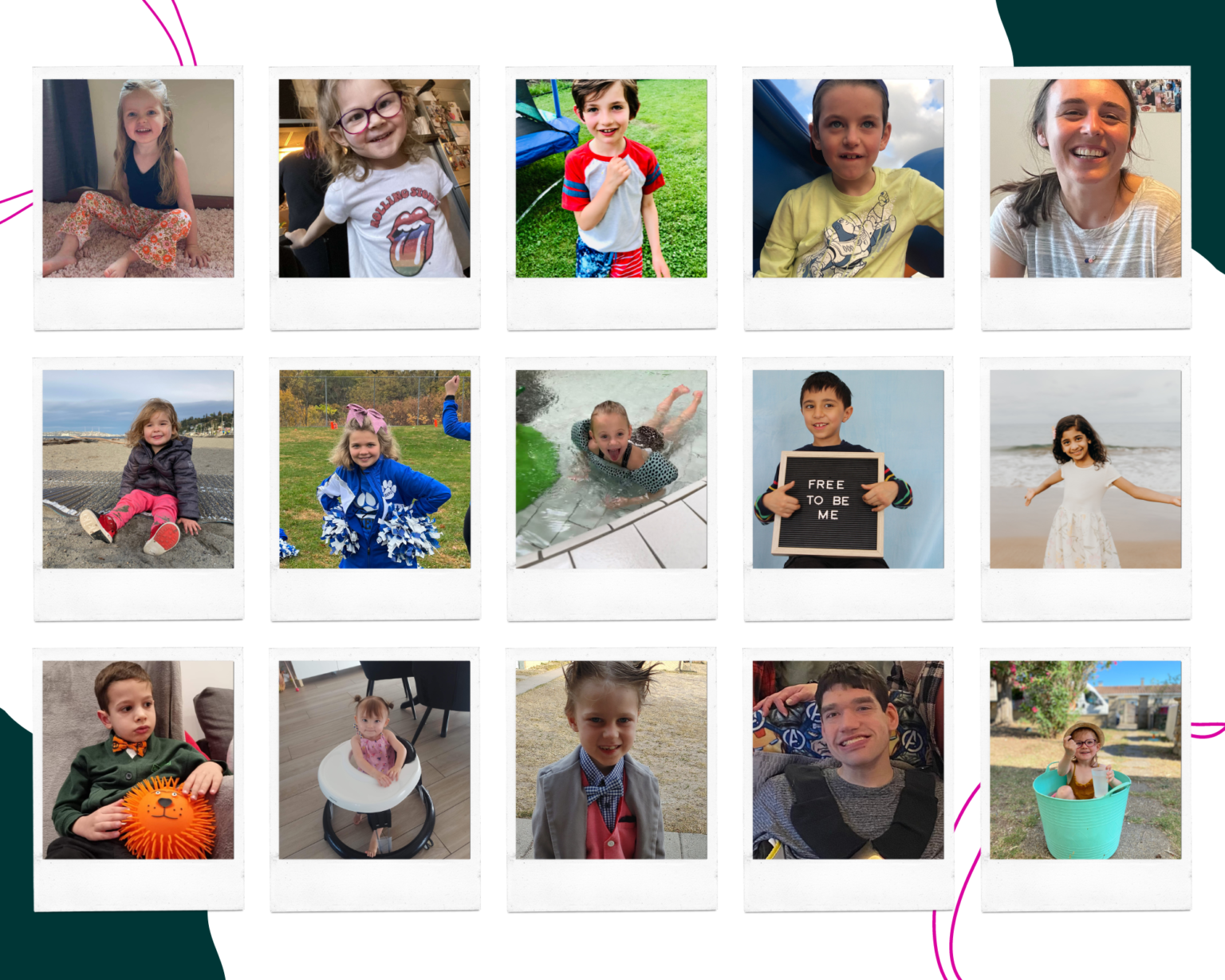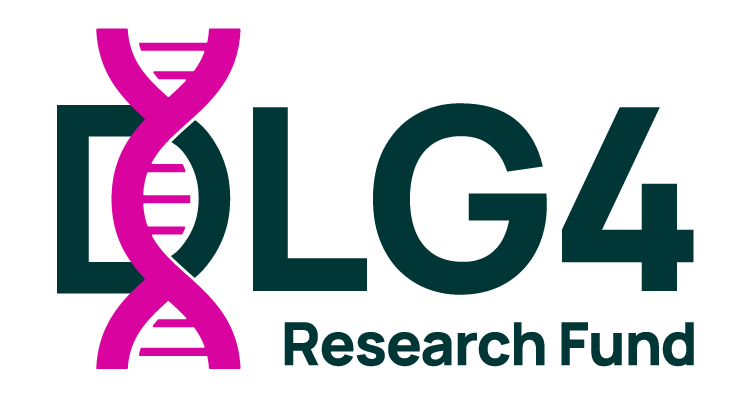
“We are a small non-profit whose central goal is to support the research and development of treatments.”
Our children find it challenging to function on a day to day basis. They deal with serious medical issues, such as life-threatening seizures and hypotonia that cause muscle weakness and global delays. The clock is ticking. There are no clinical trials. There is no treatment. There is no cure. YET.
We need you. We need your expertise, your time, your resources and your prayers. Finding a cure for a rare disease is a colossal feat and we can’t do this alone.Parent and Primary Caregiver Contact List
If you are the parent or primary caregiver for a DLG4 patient, we encourage you to register in this contact list. This information will be used to communicate research and clinical trial opportunities, to share educational and advocacy resources, as well as to help families connect with each other. Your information will never be shared for commercial purposes. If you are unsure if you are already listed or need to make changes to your record just send us an email.
Find Support
DLG4 patients often require many types of therapies and visits to various specialists to address co-morbidities. The amount of care needed for a loved one can leave rare disease caregivers feeling exhausted, overwhelmed and socially isolated. The effects of DLG4 Related Synaptopathy are far more than just managing symptoms and can impact multiple areas of a family’s life. It is crucial to find a support system that may consist of family, friends, therapists, and respite care. Be sure to ask for help and let others know when you are feeling anxious, overwhelmed, or depressed. Find support from other parents who understand the challenges of being a DLG4 caregiver by joining the private Facebook group.
Shop our store
Every purchase supports the mission of DLG4 Research Fund and helps to improve the lives of individuals with DLG4 Related Synaptopathy. Shopping in our store helps us raise much-needed funds for research.
Research Grant Program
“Seed Grants are Available! Request for Proposals “
LETTER OF INTENT (LOI) – We ask that prior to submitting a grant application all applicants submit a short LOI (no longer than 2 pages) to dlg4researchfund@gmail.com
The LOI must clearly and concisely outline the specific aims of the project with a timeline and rough budget. Proposals will be reviewed quickly by the DLG4 Research Fund’s Scientific Advisory Board (SAB), Board of Directors (BOD), and Ad-Hoc Reviewers. Invitations to submit a full proposal will be extended. There are no deadlines for submission.
These families are greatly affected by DLG4 Synaptopathy and there are no targeted treatment options for them. YET. We are interested in translational research that paves the way to clinical trials. Join our team today and change the future for these patients and their families!
The mission of DLG4 Research Fund is to support research that will ultimately find treatments and a cure for DLG4 Patients. The DLG4 Research Fund accepts proposals for research grants by interested scientific and medical researchers on a rolling basis. For more information, please email contact@dlg4researchfund.org
We have a board-directed policy that we do not cover indirect costs.

